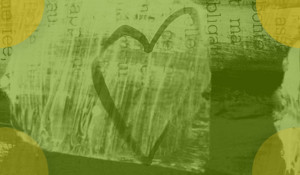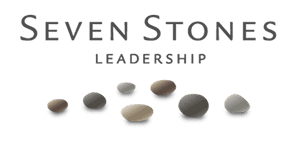 Everything that exists in nature—everything—is given freely. No one earns rivers or mangos. No one has to get a certain degree for wood or clay or fish or sunshine. It is all offered generously, freely, openhandedly to all beings equally. Generosity is simply built into the fabric of creation. To reweave that torn social fabric, we must practice generosity.
Everything that exists in nature—everything—is given freely. No one earns rivers or mangos. No one has to get a certain degree for wood or clay or fish or sunshine. It is all offered generously, freely, openhandedly to all beings equally. Generosity is simply built into the fabric of creation. To reweave that torn social fabric, we must practice generosity.
But what exactly is generosity? The dictionary defines generosity as the quality of being plentiful and provides words such as abundance, bounty, and openhandedness to describe it. We use all of these words when talking about living and creating from Sustainable Abundance.
One colleague of ours, Abby Allen, completed a 30-day generosity challenge she called The Great Give. Here is what she said she learned after thirty days of giving time, money, and other resources: “I am no longer afraid I won’t be taken care of.” It is amazing how being generous gives us access to our own sense of safety and security, yet it does. This is Sustainable Abundance at its core. As with many of the practices we often share, the practice of generosity puts us in touch with certain truths. Check out the truths that have been revealed to us through practice.
Given that we are delving into the theme of money in April and May, being generous with our financial resources is a great place to explore. We can be, of course, and often are, generous in a multitude of ways. We can be generous with our time, with our hearts, with our expertise, with our love. That said, money scarcity is probably the deepest expression of our scarcity mindset and scarcity-based economy.
We have found that both giving and receiving financial resources forces us to confront our real and imagined fears. And, in our society no matter how much money you have or don’t have, we have both real and imagined fears. When we give, we can see clearly our need to hold on tight to money. When we receive, we see clearly how challenged we are to be cared for in life.
To give the Seven Stones community a forum for practice, we created what we call the Generosity Marketplace. People can come and receive the generosity of others to purchase products and services. People can offer generously, expecting nothing in return, not even a tax break.
Check it out.
Generosity Challenge:
- Create your own 30-day generosity experiment.
- Create your own version of a Generosity Marketplace in your organization or on your team. What could it be?



